Sex education is extremely important in today’s age. As we are seeing the world around us change, the relevance of sex education in modern India has become stronger. It is because everyone is exposed to a lot of information on the internet. Teenagers can access information about sex through dubious sources.
This information can give them wrong ideas about sex, sexual health, and sexual wellness. Therefore, it becomes crucial that sex education is treated as a priority today. This is also important to combat the misinformation and wrong influences coming from porn or sexual content.
Sexologists, psychologists, and behavioral scientists opine that teenagers are curious about sex. Their body is going through a transformation, and they want to understand these changes. Therefore, suppressing or restricting the flow of information to them is not a good idea.
The only constructive approach in this situation is to talk to teenagers about sex in a healthy manner. As per reports, western countries are already seeing the perils of porn addiction. Consuming violent sexual content on the internet can also form incorrect expectations about sex among teenagers.
At the same time, insufficient awareness of sex can also put them in a difficult situation. Sex education creates alertness and teenagers can make better decisions to avoid any sexually transmitted infections or diseases.
Sex Education in India
When we look at the status of sex education in rural India, the situation is comparatively poorer than in urban India. What we have observed so far is that sex education is primarily restricted to reproductive health education. India, where every fifth person is between the ages of 10 and 19, has the greatest proportion of adolescents in the world (approximately 253 million), according to UNICEF.
This limits the scope of sex education in rural India and urban India as well. It also eliminates or blocks a lot of important information that needs to reach adolescents, teenagers, and young adults. It is especially important for rural India because of the information asymmetry and stronger social taboos.
If we look at the facts, then we will be surprised. In 2012, at the London Summit on Family Planning, India promised to give 234 million teenagers and 200 million couples free access to family planning services and supplies by 2020. However, how much was achieved is still a mystery.
But everything is not so bleak. There are interventions being made in certain rural pockets which are showing promising results. In Barwani, a remote and backward district in Madhya Pradesh, ASHA workers, Anganwadi workers, school teachers, and panchayat members have
been equipped to empower rural youth in taking care of their reproductive and sexual health.
A similar trend has been observed in Kanpur Dehat district of rural Uttar Pradesh. An edutainment show like ‘Mai Kuch Bhi Kar Sakti Hoon’ is creating awareness among people and is being used to inform people about teenage pregnancies, menstrual needs, sexual health, birth control, etc. The show has also had an impact in other rural areas in Bihar.
Sexual Wellness and Women
The victims of poor sexual awareness are primarily women. It is women who suffer most because of social taboos, menstrual issues, or unwarranted pregnancies. In 2012, a cross-sectional survey of 1381 young married and unmarried women (15–24 years old) from three rural community development blocks in Jharkhand, India, was carried out.
It was found in the research that the participants in the study married young and had early pregnancies. Women also had lower awareness and knowledge about contraception, sex, pregnancy, and reproductive health. They also had little control over their sexual lives and decision-making. This is all despite all the national policies and programs.
When women are educated and aware of sexual wellness, they make better reproductive decisions. This means fewer teenage pregnancies, child mortality, or sexually transmitted infections. However, women are also restricted from accessing information related to sex and sexual wellness. This is why sex education in modern India is extremely important.
Parents’ Role in Sex Education
Now that we understand the importance of sex education in rural India and sexual awareness among women, let us talk about an important factor. While sex education can be imparted through schools, colleges, and infotainment; it is the parent’s role in sex education that is most crucial.
Studies in the past have found that the majority of parents in India are reluctant to talk about sex with their children. In fact, a large percentage of parents never talked about sex with their children. It was discovered that 87% of parents in rural areas and 67% of parents in urban areas had insufficient knowledge of sex education.
Therefore, the sex education advice for parents is that they educate themselves first. They should also let go of their inhibitions and reservations. Today, parents cannot avoid the conversation around sex. This is because they should be the primary source of sex-related
information for their adolescent children.
However, there is a bright side to all this. The younger population in India is more aware of the importance of sex education. Earlier research has found that more than 90% of students think sex education in school curriculum is important. 60% also stated that they had exposure to sex education in school. However, only 45% said that they had received appropriate sex education.
Parents who are worried about criticism and ridicule from society impose restrictive social norms on their children. Parents want to make sure their daughters stay out of premarital relationships, sex, and pregnancy, yet talking to them about puberty, sex, and reproduction is still frowned upon.
If parents develop an environment of trust and discuss things openly with their children, they can help their children in many ways. Teenagers who cannot talk to their parents about sex often share their problems with friends or find solutions through the Internet. All of this can be dangerous for teenagers in many ways.
Sex Education: The Way Forward
The World Health Organization defines Sex Education as a “broad program that aims to build a strong foundation for lifelong sexual health by acquiring information and attitudes, beliefs and values about one’s identity, relationships, and intimacy.”
By now, we understand why sex education is important and what role everyone has to play in it. Parents, schools, and society; everyone must come together to ensure proper sex education in modern India. This can only be made possible by discarding the taboos and the myths.
Many parents and teachers worry that talking about sex with teenagers will motivate them to have more sex. However, studies have found this to be untrue. In fact, research has found that more teenagers have already had sex than estimated by adults.
In this case, the only way to provide accurate information and make teenagers feel safe is by creating a conducive environment for sex education. Whether it is sex education in rural India or urban India, intervention from all stakeholders is needed.
Smile Foundation through its flagship initiative, Mission Education is trying to help children who have the zeal to transform their lives.



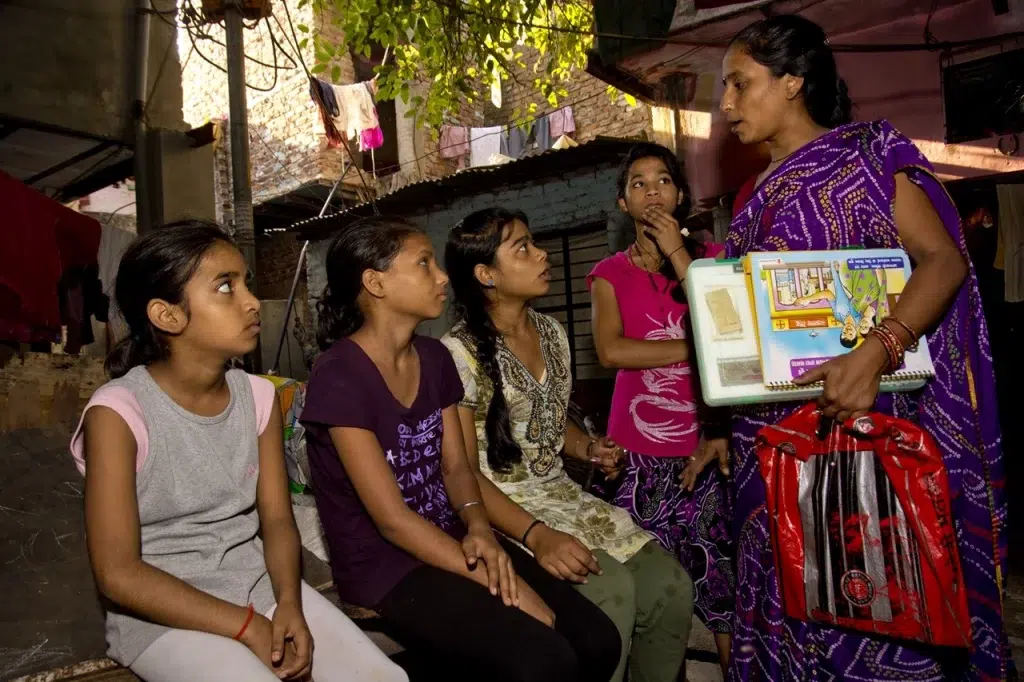

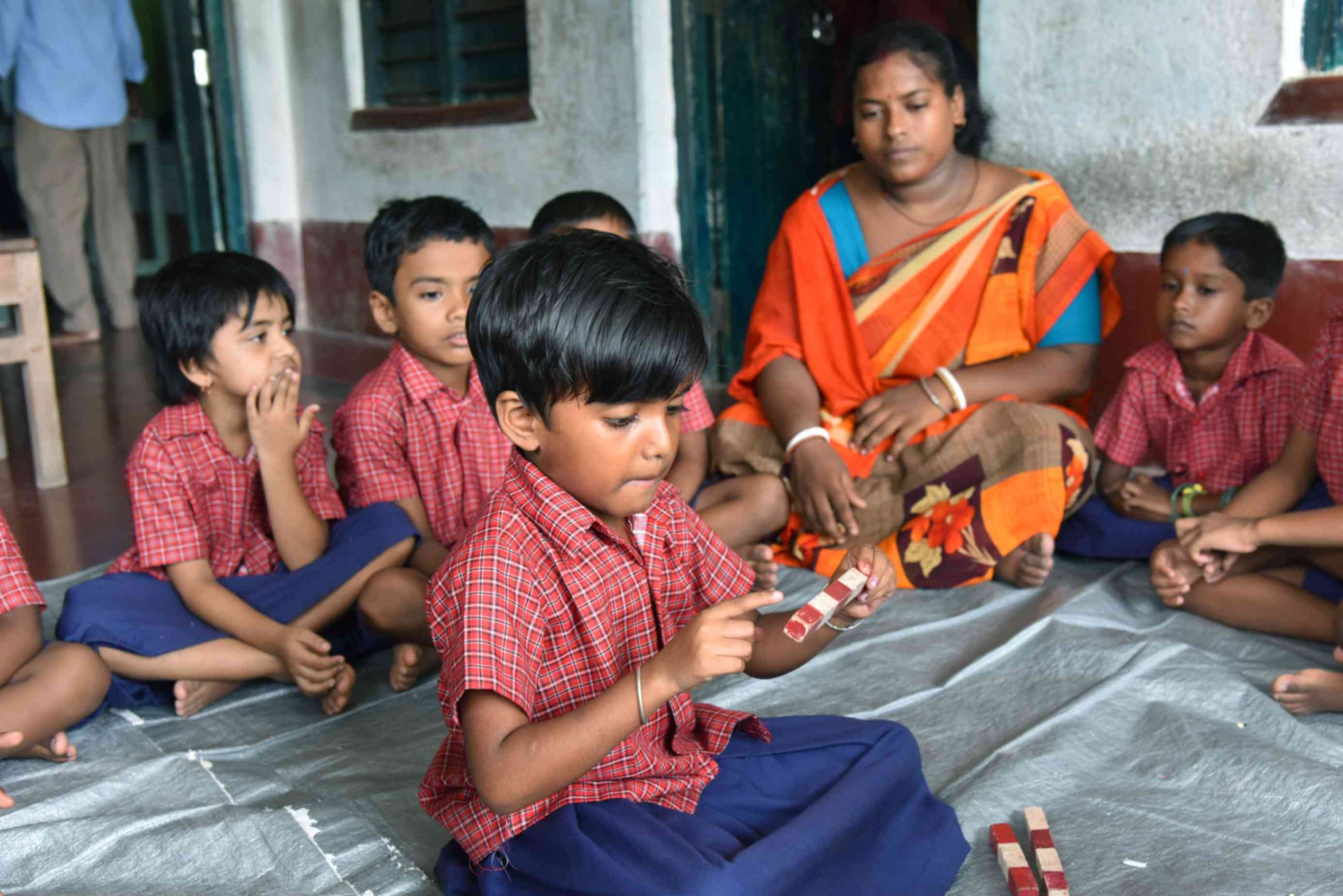
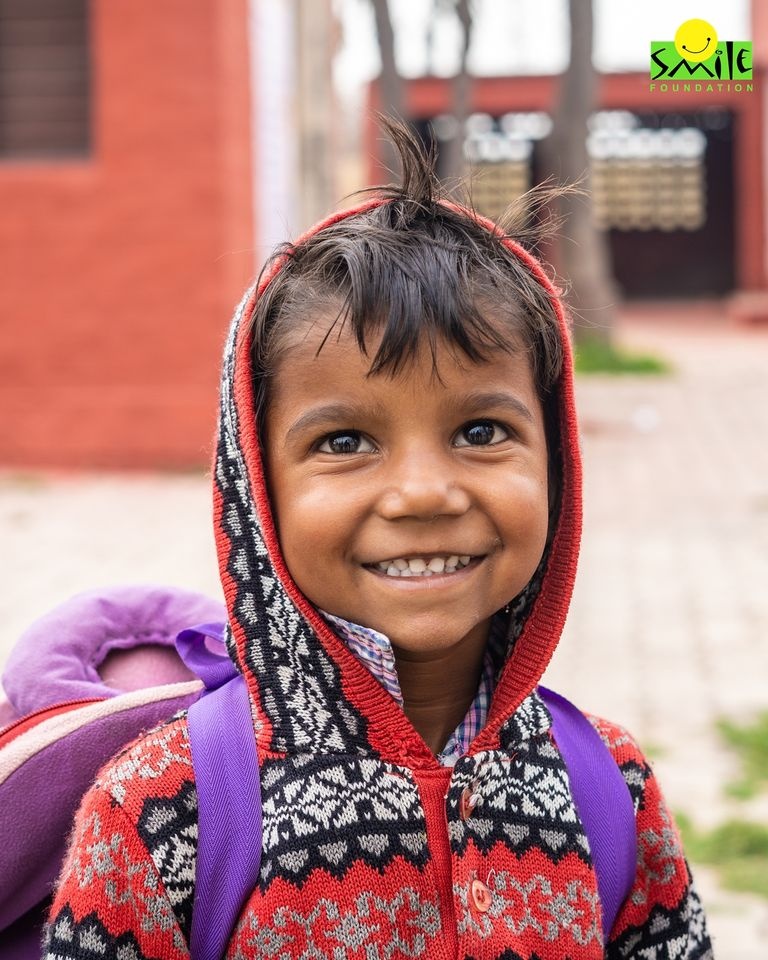

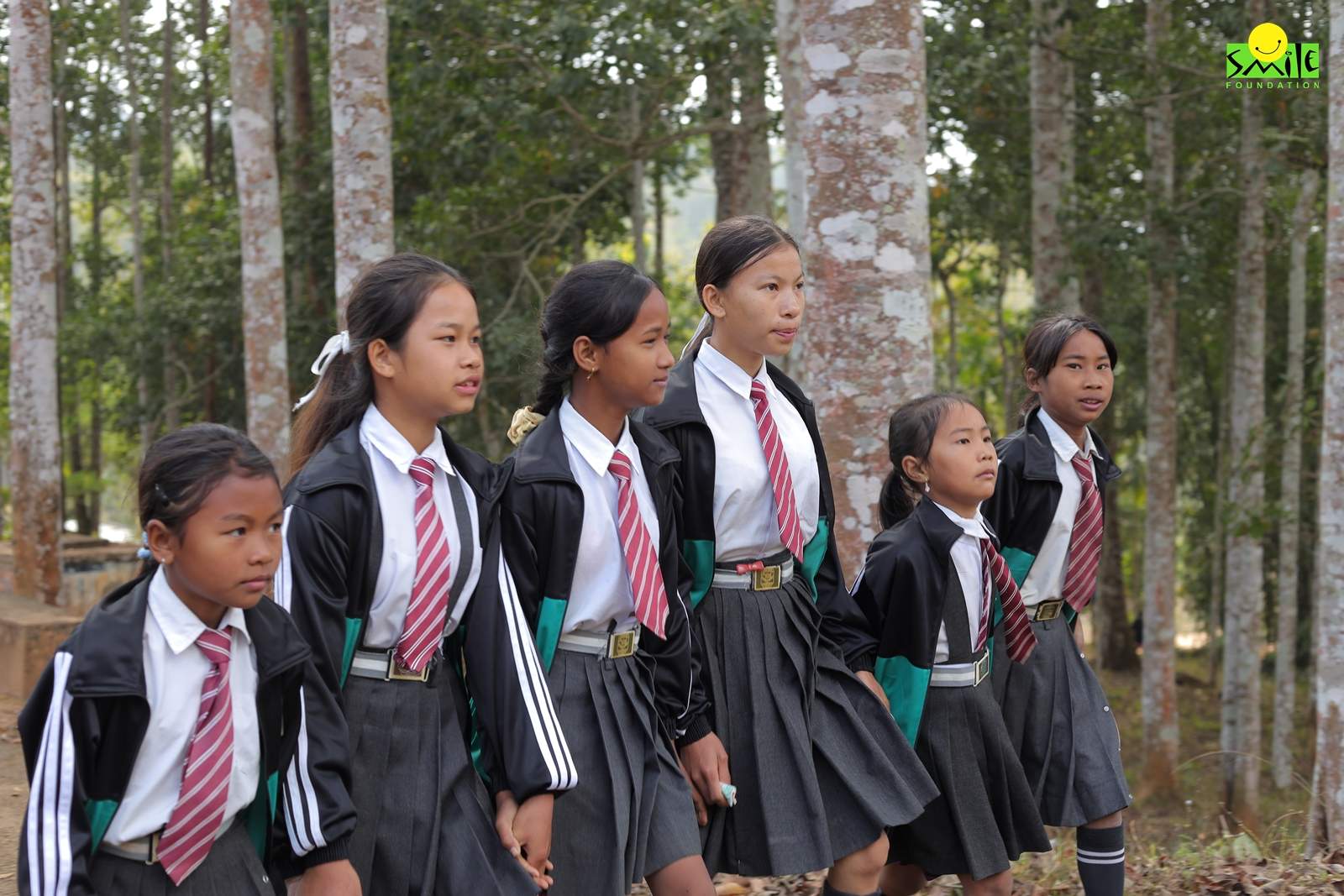
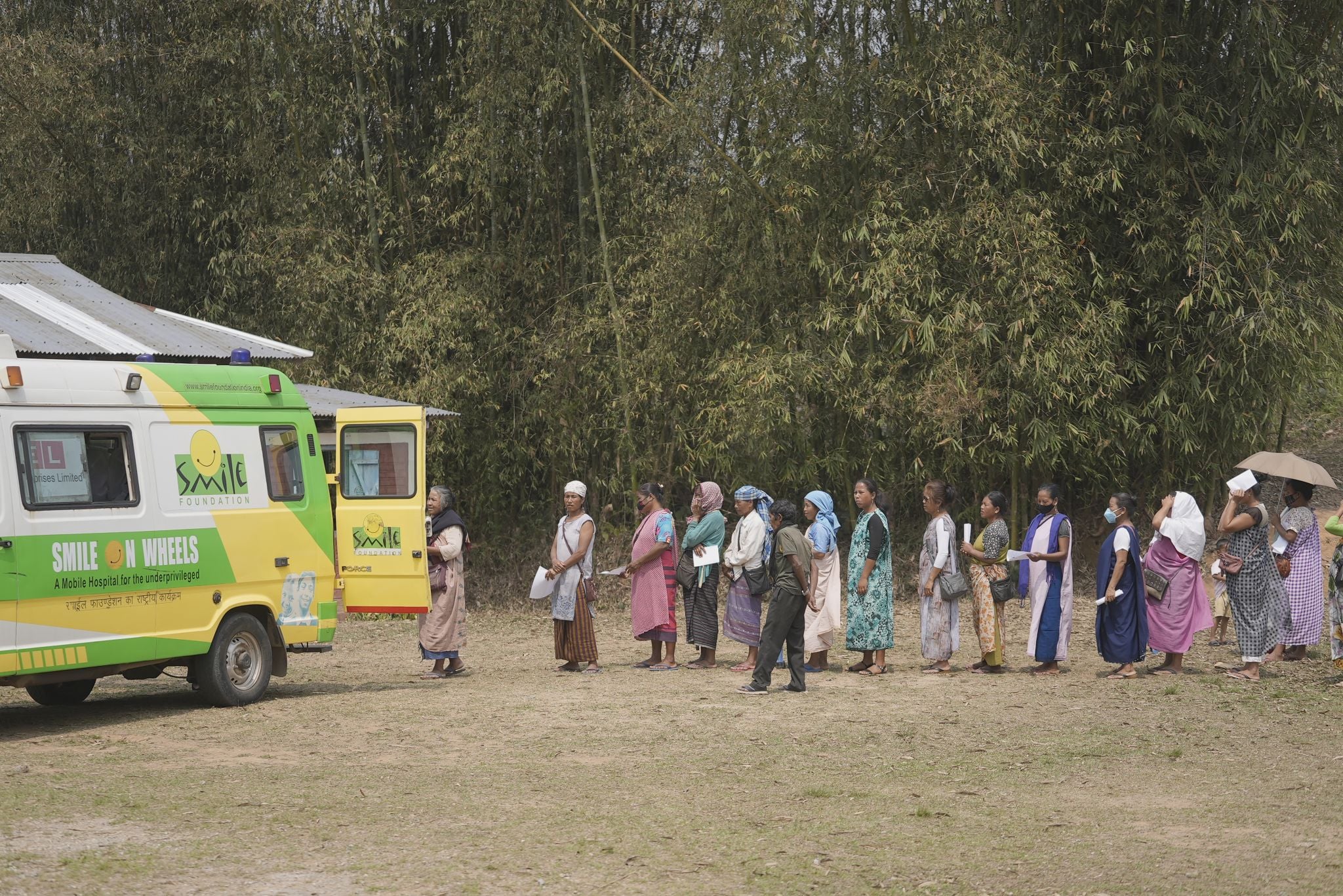
One reply on “Relevance of Sex Education for Children in Modern India”
Absolutely! Sex education is crucial in today’s world, especially with easy internet access. Providing accurate, age-appropriate education is essential to counter misinformation. Initiatives in rural areas are making a positive impact, especially for women. Parents’ involvement is key, and it’s great to see growing recognition among the younger population. Let’s break taboos and myths to ensure comprehensive sex education is accessible to all. 🌟🤝 #SexEducationMatters